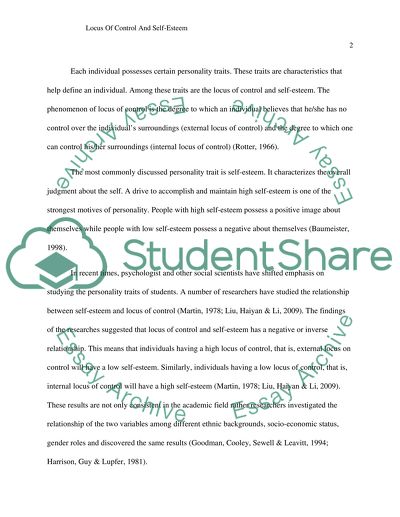Cite this document
(Locus of Control and Self-esteem Research Paper, n.d.)
Locus of Control and Self-esteem Research Paper. Retrieved from https://studentshare.org/psychology/1569856-locus-of-control-and-self-esteem
Locus of Control and Self-esteem Research Paper. Retrieved from https://studentshare.org/psychology/1569856-locus-of-control-and-self-esteem
(Locus of Control and Self-Esteem Research Paper)
Locus of Control and Self-Esteem Research Paper. https://studentshare.org/psychology/1569856-locus-of-control-and-self-esteem.
Locus of Control and Self-Esteem Research Paper. https://studentshare.org/psychology/1569856-locus-of-control-and-self-esteem.
“Locus of Control and Self-Esteem Research Paper”. https://studentshare.org/psychology/1569856-locus-of-control-and-self-esteem.


